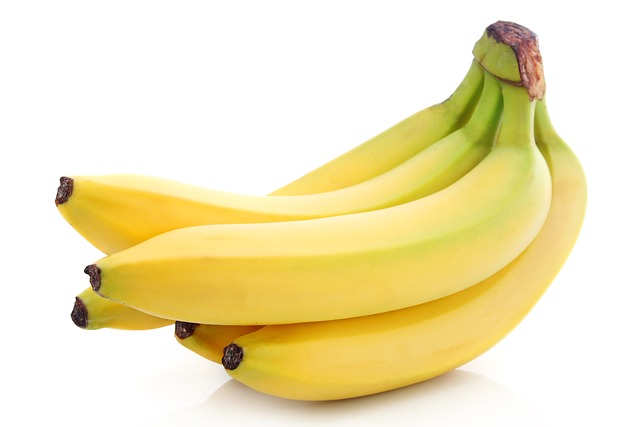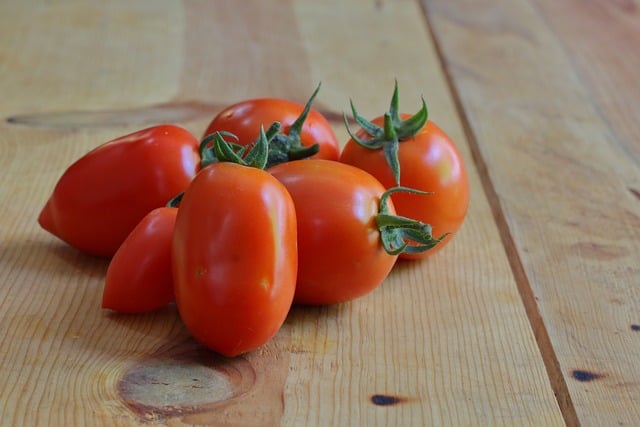Why did the coffee file a police report? Because it got mugged! While that might give you a chuckle, the serious side of coffee consumption is making headlines for a different reason. Recent studies have revealed a concerning link between our favorite caffeinated beverages and stroke risk, particularly when it comes to coffee and soda.
According to new research, drinking more than four cups of coffee a day can increase your risk of stroke by a staggering 37%. That’s not just a casual cup of joe; we’re talking about a serious caffeine habit! On the flip side, while coffee lovers might be cringing, tea drinkers have something to celebrate. Consuming more than four cups of tea daily is associated with a 19% lower risk of stroke. So, if you’re looking for a healthier alternative to your morning brew, it might be time to consider switching to tea.
But coffee isn’t the only culprit here. The study also highlighted that frequent consumption of carbonated beverages—whether sugary or artificially sweetened—can raise stroke risk by 22%. Even fruit juices aren’t off the hook; drinking just one serving can increase your risk by 37%. For those who indulge in two servings, the risk triples! It’s worth noting that women appear to be at higher risk when it comes to fruit drinks.
These findings stem from an extensive analysis involving almost 27,000 participants across 27 countries, including nearly 13,500 individuals who experienced their first stroke. This kind of data is crucial because stroke remains one of the leading causes of death in the United States, with over 795,000 people affected each year.
So what should you be sipping instead? Water and tea seem to be the safest bets. Drinking seven or more cups of water daily is linked to a lower overall risk of stroke. Meanwhile, black tea drinkers who consume three to four cups daily can reduce their stroke risk by an impressive 29%. Green tea isn’t far behind, with a 27% reduction in risk for similar consumption levels.
Of course, moderation is key. While it’s tempting to guzzle down fruit juice or soda on hot days, it’s essential to remember that even occasional indulgences can add up. As experts suggest, balance your beverage choices wisely. A glass of juice now and then won’t hurt, but making water or tea your primary drinks could significantly benefit your long-term health.
In conclusion, while your morning cup of coffee might kickstart your day, be mindful of how much you consume. And if you’re reaching for that soda or fruit juice, consider the potential risks involved. Making informed choices about what you drink can go a long way in reducing your stroke risk and promoting overall cardiovascular health. So next time you’re deciding between coffee or tea, remember: your brain will thank you for choosing wisely!


